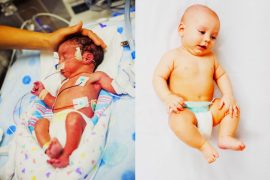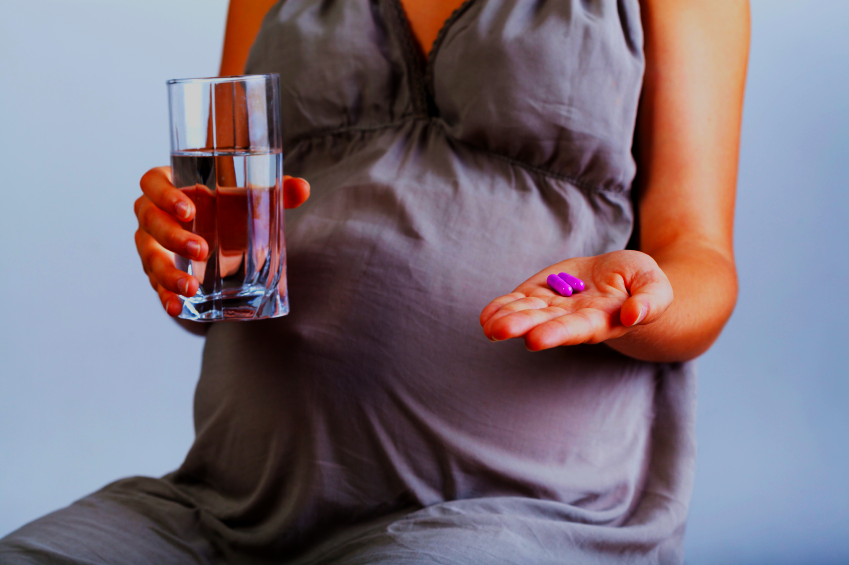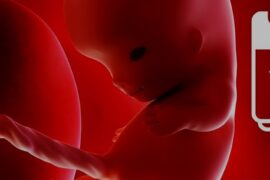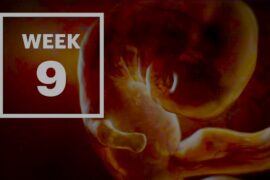What Are Your Chances of Getting Pregnant After 30
Getting pregnant after the age of 30 can be a difficult process, as fertility decreases predictably with age. Women are most fertile in their 20s, with an average 25% chance of getting pregnant each month. By age 40, this drops to 1 in 10 couples conceiving per menstrual cycle. While it is possible to get pregnant after 30, there are certain risks associated with pregnancy at an older age. These include increased chances of miscarriage, Down syndrome, and multiples. It is important for women to be aware of these potential risks before attempting to conceive.
Fortunately, there are steps that can be taken to reduce the risk associated with pregnancy after 30. Regular prenatal care is essential for monitoring the health of both mother and baby throughout the pregnancy. Additionally, giving birth in a facility prepared for high-risk pregnancies can help mitigate any potential complications that may arise due to advanced maternal age. With proper planning and preparation, women over 30 can still have successful pregnancies and healthy babies.
Are you considering pregnancy after 30? Get an in-depth look at the risks and benefits of having a baby later in life.
Understanding Your Fertility at 30
Women in their 30s may feel more emotionally prepared for pregnancy, but their fertility is waning due to the age of their eggs. Women are born with a limited supply of eggs, which decreases in quantity and quality as they age. By the time a woman has her first period, she has around 300,000 potential eggs. During a woman’s reproductive life, only 300 to 500 eggs will mature enough to potentially form a pregnancy. Trying to conceive can take 3-6 months even if there are no medical issues that affect fertility.
Pregnancy in your 30s can be healthy and energetic if you are fit and healthy, but chronic conditions such as diabetes or high blood pressure may become evident during this decade. It is important to maintain good health habits such as eating nutritious foods, exercising regularly and getting regular checkups with your doctor before trying to conceive. Additionally, it is important to be aware of any lifestyle changes that could affect fertility such as smoking or drinking alcohol excessively.
Miscarriage Risks
Miscarriage is a heartbreaking experience for any expecting mother, and unfortunately it is a risk that comes with every pregnancy. The risk of miscarriage increases with age, as chromosomal abnormalities are a common cause of miscarriages and the chance of these abnormalities increases after age 35. Additionally, chronic conditions such as diabetes, high blood pressure, and thyroid issues can complicate pregnancy and increase the risk of miscarriage. About half of first trimester miscarriages are due to chromosome problems in the baby, which also increases with the mother’s age.
It is important for expecting mothers to be aware of the risks associated with their age when it comes to miscarriage. Women over 35 should speak to their doctor about any potential risks or complications that may arise during pregnancy due to their age. Additionally, women should take steps to ensure they are healthy before becoming pregnant by managing any chronic conditions they may have and eating a balanced diet.
pregnancy after 30 benefits
While some women worry about the risks of having a baby later in life, there are actually several benefits to pregnancy after 30. One benefit is that you’re more likely to have a healthy pregnancy. Women in their 30s are less likely to have a baby with a birth defect than women in their 20s.
Another benefit of pregnancy after 30 is that you’re more likely to have a successful pregnancy. The success rate for women in their 30s is about 90 percent. That means that 9 out of 10 women in their 30s who have a baby will have a healthy baby.
Finally, pregnancy after 30 can give you more time to prepare for motherhood. You’ll have more time to plan for your new family and to get your finances in order. You’ll also be able to take care of any health issues you may have before getting pregnant.
Fertility Challenges
Fertility challenges can be a difficult and emotional experience for many women. Women are most fertile in their 20s, with a slight decline in fertility at the age of 32 and a more steep decline after age 37. If you are over 35 and have not been able to get pregnant after 6 months of well-timed intercourse without using contraception, it is recommended to seek help from an obstetrician or fertility specialist. Treatment for infertility can range from monitoring ovulation to taking medication to IVF, depending on the cause of infertility.
The average woman has 300-500 eggs that can potentially form a pregnancy, but unfortunately these eggs cannot be replenished. As women age, the quantity and quality of their eggs decline due to natural genetic mutations which can make it harder for them to conceive. This is why it is important for women who are trying to conceive to do so as early as possible in order to increase their chances of success.
Advice for Getting Pregnant After 30
Getting pregnant after 30 can be a daunting task, but with the right advice and support, it can be done. The first step is to track your hormones to pinpoint ovulation and identify the best times to have sex when trying to conceive. This will help you maximize your chances of getting pregnant. It’s also important to maintain a balanced lifestyle with proper nutrition, exercise, and stress management. Eating healthy foods, exercising regularly, and managing stress levels can all contribute to a successful pregnancy.
It’s also important to seek support from friends and family, as well as join a fertility club if possible. This will provide you with emotional support during this difficult time. Additionally, it’s important to monitor any potential problems closely for the best prenatal care. Consider genetic testing before getting pregnant in order to check for any potential genetic diseases that may affect your baby’s health.
Tips For Healthy Pregnancy in Your 30s
Women in their 30s who are considering having a baby should be aware of the risks and benefits associated with pregnancy at this age. Maintaining healthy life habits and receiving regular prenatal care is essential for a successful pregnancy. Women should identify and address lifestyle diseases such as obesity, hypertension, coronary artery disease, and lung disease. All expecting women should be tested for STDs to limit the risk of miscarriage, stillbirth, and passing dangerous infections in vitro or to newborns.
The CDC indicates that there have been steady increases in births to women ages 30 to 34 and 35 to 39. This means that more women are having babies later in life than before. While younger women are experiencing a birth rate slow-down, older mothers can take advantage of advances in medical technology that can help ensure a healthy pregnancy. Women considering having a baby after 30 should be aware of fertility, conception, pregnancy, labor, and birth so they can make informed decisions about their health during this time.
FAQs
The risks of having a baby after 30 include an increased chance of developing complications such as gestational diabetes, preeclampsia, and placenta previa. Additionally, babies born to mothers over the age of 30 are more likely to be born prematurely and have a low birth weight.
The benefits of having a baby after 30 include a decreased risk of developing complications such as birth defects, chromosomal abnormalities, and stillbirth. Additionally, babies born to mothers over the age of 30 are more likely to be born healthy and at full term.



